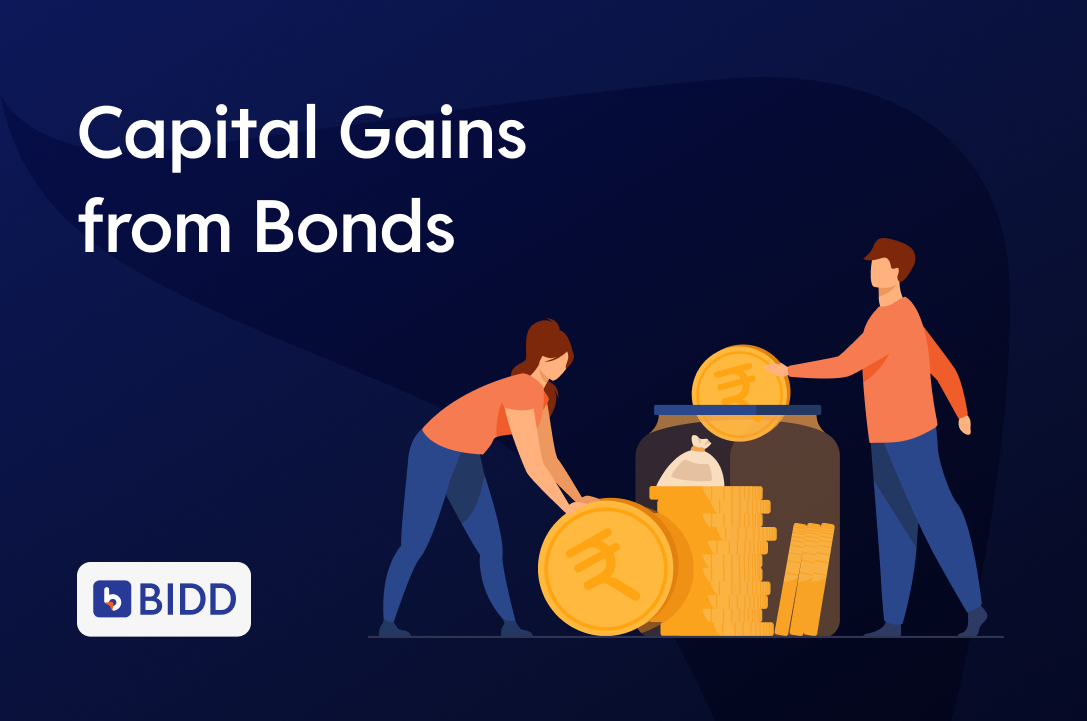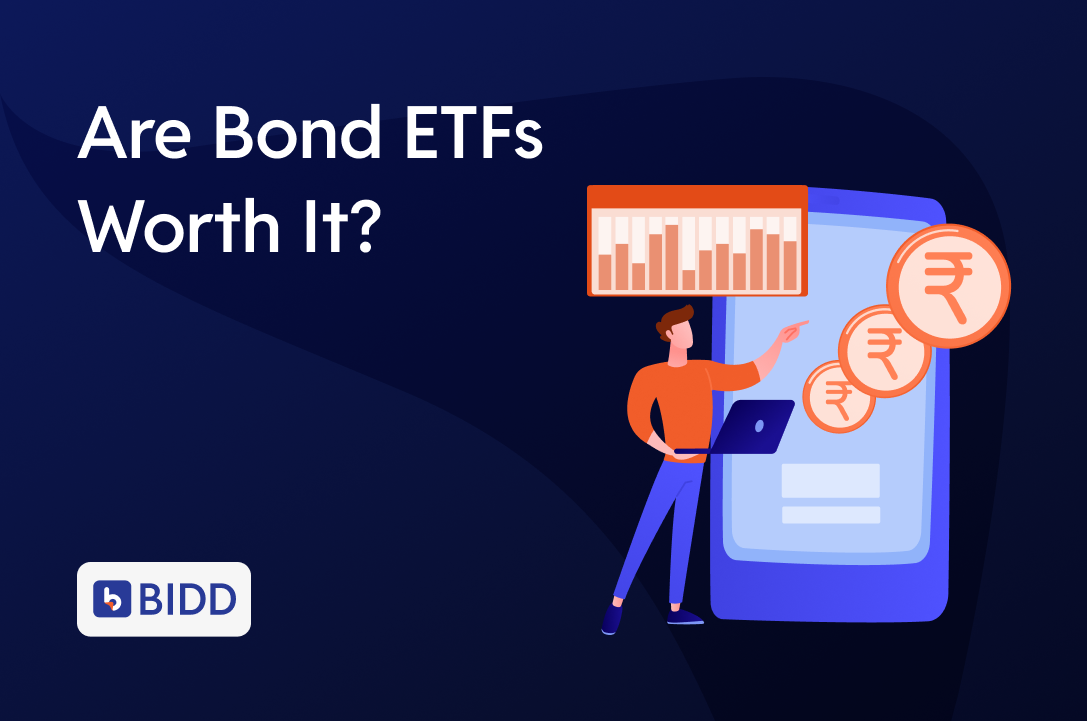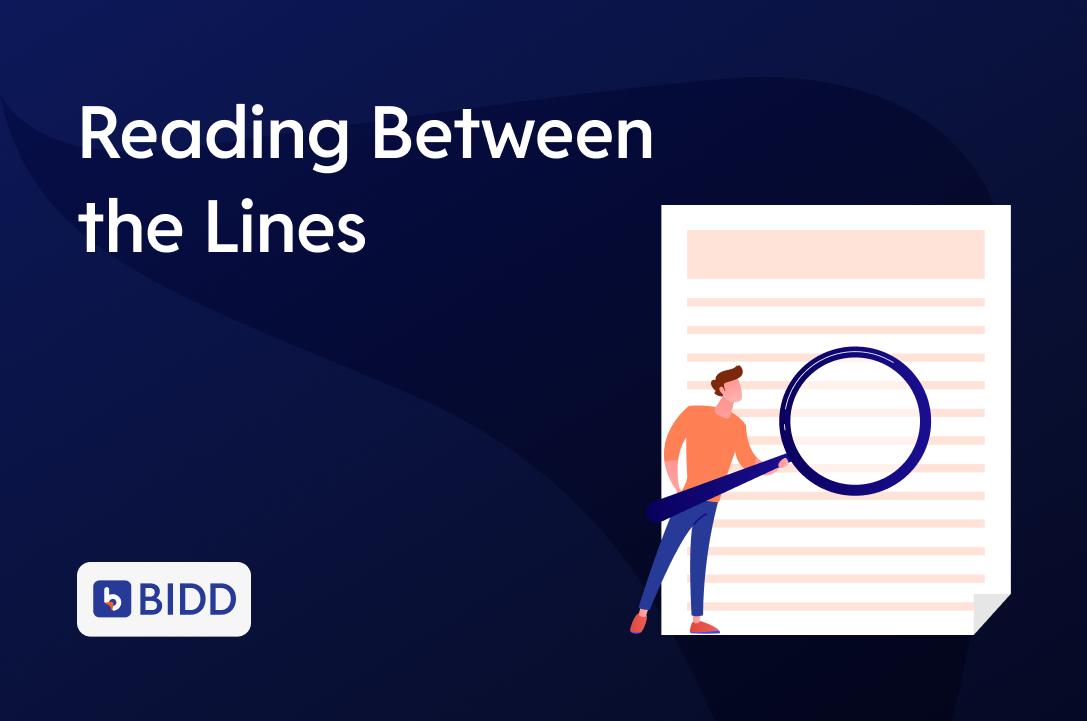Understanding How Bonds Can Deliver More Than Just Interest
Let’s Start with a Quick Question:
You purchase a bond for ₹950.
It pays you regular interest.
Six months later, someone offers ₹1,000 to buy it from you.
You decide to sell.
The result? A capital gain of ₹50.
This surprises many investors who assume bonds are purely for fixed income. But that’s a myth. Let’s break it down.
What Are Capital Gains?
In simple terms:
Capital Gain = Selling Price – Purchase Price
Whether it’s stocks, real estate, gold, or bonds, any asset sold at a higher price than it was bought results in a gain. The same concept applies here.
But Aren’t Bonds Just About Interest?
While most investors buy bonds to earn fixed coupon payments, there’s more to the story.
Prices of bonds fluctuate in the market. If you sell before maturity, you could earn — or lose — based on these price movements. That’s where capital gains or losses come in.
Why Do Bond Prices Move?
The most significant driver: interest rates.
Key Principle:
Example:
If you hold a bond paying 9% interest and new bonds now offer only 7%, your bond becomes more attractive — and its market price increases.
Real-Life Illustration
| Bond A | |
| Purchase Price | ₹950 |
| Coupon | 9% |
| Market interest rate drops | Price rises to ₹1,020 |
| You sell at | ₹1,020 |
| Capital Gain | ₹70 |
| Plus, interest earned | Yes |
You gain both from the coupon and the price appreciation — a double benefit.
Other Reasons Bond Prices Change
Beyond interest rate movements, several other factors can influence price:
- Credit rating upgrades – Improved issuer perception increases demand.
- Institutional demand – Greater interest from mutual funds or banks.
- Lower supply – Fewer available bonds can drive prices up.
- Market sentiment – Optimism around an issuer can lift trading activity.
These shifts can result in meaningful capital gains for early investors.
Can Bonds Be Traded Like Stocks?
To an extent, yes.
You can:
- Purchase low and sell high.
- Take advantage of falling interest rate cycles.
- Create a strategy around both fixed income and capital appreciation.
However, bonds are less volatile than equities, meaning gains are usually more stable but relatively modest.
Long-Term vs. Short-Term Capital Gains: Tax Implications
If you earn a capital gain, how it’s taxed depends on how long you held the bond and whether it’s listed.
For Listed Bonds
- Held for less than 12 months: Short-Term Capital Gain (STCG) — taxed as per your income tax slab.
- Held for 12 months or more: Long-Term Capital Gain (LTCG) — taxed at 10% without indexation.
For Unlisted Bonds
- Held for less than 36 months: STCG — taxed as per your income slab.
- Held for 36 months or more: LTCG — taxed at 20% with indexation (adjusted for inflation).
It’s important to verify whether the bond you’re holding is listed, and how long you plan to hold it.
Quick Recap: Capital Gains from Bonds
| Action | Possible Outcome |
| Buy a bond below face value | Capital gain on sale |
| Interest rates fall | Bond price may rise |
| Sell before maturity | Gain or loss possible |
| Listed bond held > 12 months | LTCG @ 10% |
| Unlisted bond held > 36 months | LTCG @ 20% (with indexation) |
| Plus, interest earned | Yes |
Final Thoughts
Yes, bonds offer predictable interest payments. But they also carry the potential for capital appreciation — if you know where to look.
Before investing, consider:
- Is there potential for price appreciation?
- What’s the current interest rate environment?
- Is the bond listed and liquid?
- Does an early sale make strategic sense?
In bond investing, it’s not just about what you earn year after year.
It’s also about what you can gain — when you choose to exit.
Capital gains from bonds? Yes, it’s very much a thing.
And the smartest investors know how to use it to their advantage.
Disclaimer: This blog is intended solely for educational and informational purposes. It should not be construed as investment advice, a recommendation, or an offer to buy or sell any financial products. Please consult a registered financial advisor before making any investment decisions.




